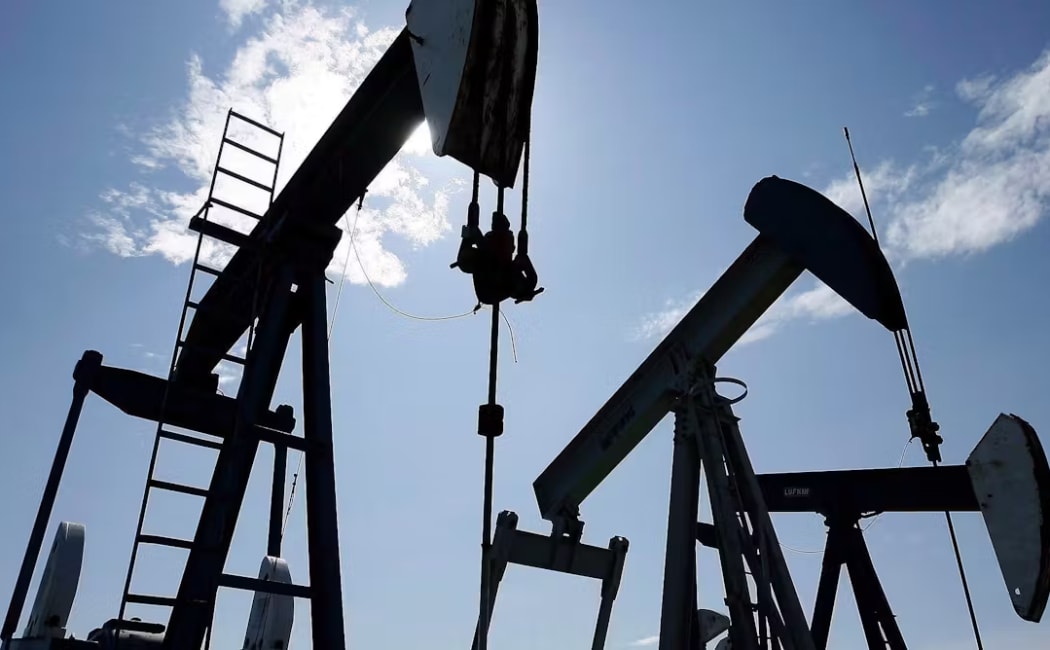Oil Prices Inch Up After Israeli Strike in Qatar

Oil benchmarks posted modest gains following an Israeli military strike targeting Hamas leaders in Doha, Qatar. Both Brent crude and U.S. West Texas Intermediate (WTI) climbed approximately 0.6%, settling at around $66.39 and $62.63 per barrel, respectively.
Early in the session, prices surged nearly 2%, but those gains waned after the U.S. promptly reassured Qatar that no further strikes would occur on its soil. Market sentiment was bolstered by statements from both U.S. and Qatari officials indicating they sought to avoid regional escalation.
"Geopolitical premiums appear to be easing rather than rising," observed Jorge Leon, head of geopolitical analysis at Rystad Energy—suggesting the market sees containment rather than widening conflict.
Analysts also noted that the strike did not immediately disrupt oil supplies. UBS’s Giovanni Staunovo highlighted this as a key factor capping further price jumps. Meanwhile, support for prices came from a smaller-than-expected output increase by OPEC+, as well as continued oil stockpiling by China and fresh concerns about possible sanctions on Russia.
Despite these support factors, the U.S. Energy Information Administration (EIA) issued a warning that accumulating inventories could pressure crude prices in the coming months. Indeed, softening physical oil markets—particularly weakening prompt spreads in the Atlantic basin—are indicative of sluggish demand, according to StoneX analyst Alex Hodes. Hodes remarked that the market’s muted reaction amid geopolitical tensions points to underlying weakness in demand.
Key Drivers Behind Oil’s Moves
- Geopolitical event: Israeli strike in Doha raised initial fears, then quickly tempered by U.S.–Qatar assurances.
- Supply outlook: OPEC+ hike was modest; China stockpiling and concerns over Russia added support.
- Demand pressure: Rising inventories and soft prompt markets suggest demand is fading.
- Macro factors: Traders anticipate U.S. rate cuts, which could stimulate oil consumption.
In summary, although geopolitical tensions sparked an initial oil rally, broader market factors—especially the threat of oversupply and weakening demand—kept gains in check. The situation illustrates how political shocks no longer alone drive oil prices; fundamental market conditions now play an equally, if not more, decisive role.
